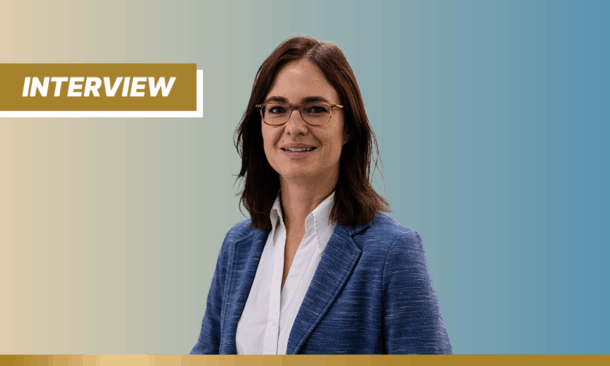Bayer has announced a new partnership with Kumquat Biosciences to develop a first-in-class KRAS G12D inhibitor for pancreatic cancer – a disease known for its limited life expectancy and resistance to traditional treatments.
While KRAS gene mutations are among the most common drivers of the disease, they have long been considered “undruggable”. This is because tumours carrying these mutations typically evade detection, allowing the cancer to progress aggressively and become particularly difficult to treat.
Under the terms of the agreement – potentially worth up to $1.3bn in milestone payments – Bayer will lead late-stage development and commercialisation of the inhibitor following Kumquat’s early clinical trials.
Dr Dominik Ruettinger, Global Head of Research and Early Development for Oncology, Bayer’s Pharmaceuticals Division, said: “We look forward to exploring the investigational KRAS G12D inhibitor, which targets a highly relevant signaling pathway that promotes tumour growth and survival.”
This announcement follows new, complementary pancreatic cancer research from Memorial Sloan Kettering Cancer Center (MSK), published yesterday. The Phase 1 study, led by Dr Vinod Balachandran, Director, The Olayan Center for Cancer Vaccines, MSK, explored a personalised mRNA vaccine, which trains the immune system to recognise and attack the abnormal KRAS-driven proteins on cancer cells.
The results were encouraging. The vaccine induced durable, tumour-specific immune responses lasting up to four years, halving recurrence rates in patients who had a strong reaction. Crucially, it also proved effective alongside chemotherapy, suggesting it could be integrated into the current standard of care. A Phase 2 trial is now underway.
Together, these developments could mark a pivotal moment in pancreatic cancer research, with the vaccine even offering hope for other areas of oncology. As Dr Balachandran observed: “If [we] can do this in pancreas cancer, theoretically [we] may be able to develop therapeutic vaccines for other cancer types.”
Whether this proves to be the first of many vaccines of its kind remains to be seen, but researchers are optimistic.









